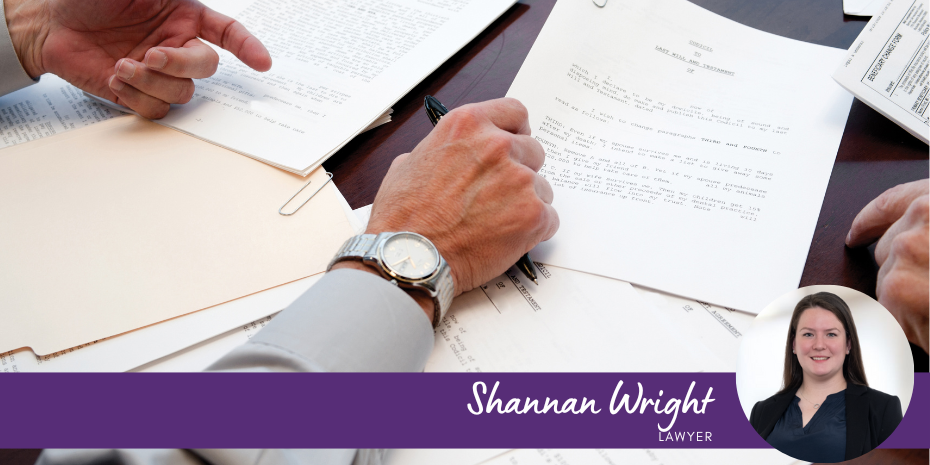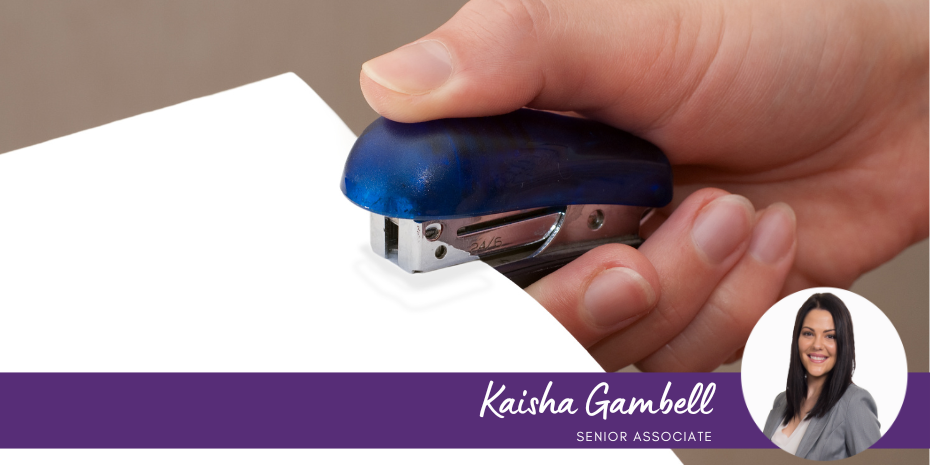Myth One
“I can only appoint one executor under my will.”
The truth: There is technically no limit on how many executors someone can appoint under their will. However, from a practical perspective, naming too many executors can become quite problematic. The law in New South Wales states that a grant of probate cannot be made in favour of more than four executors at one time. If you decide to list more than four executors, the grant will only be given in favour of the first four that are named in the will. If those executors have all been appointed to act jointly, that means that all the executors must agree with one another, and each of the executors will be required to sign all of the estate documents. This may become a problem for the estate when the joint executors live quite far apart from one another, or in the event that the joint executors are not able to work together and agree on certain tasks, which may make it difficult to administer the estate in a timely and efficient manner.
Myth Two
“My executor cannot be a beneficiary under my will.”
The truth: Although a beneficiary cannot witness a will, there is no rule that says an executor cannot also be a beneficiary under your will. In some circumstances though, your executor may be prevented from applying for commission from the estate for carrying out their duties as the executor where they are also receiving a share of the estate, as this can be considered double dipping.
Myth Three
“I am someone’s Power of Attorney, so I will automatically be their executor.”
The truth: The Power of Attorney is only valid whilst the person giving the power is still alive. Once the person giving the power has passed away, the attorney is not permitted to deal with the estate assets. If someone continues to use a Power of Attorney after the person has passed away, there could be civil and criminal penalties for their actions.
Need to get your will organised? Talk to the team at Coutts Lawyers & Conveyancers today.



